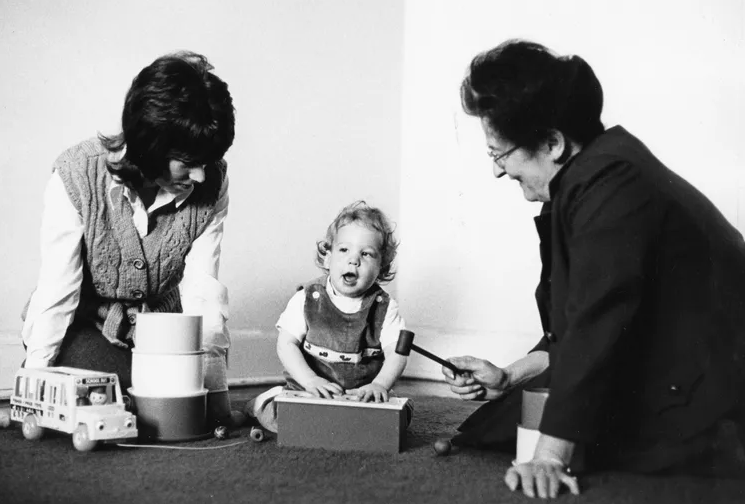Why do young people don’t want to have children anymore.
June 15, 2023
In the United Kingdom the average age women have children is between the age of 27-30. This has changed since 1990 of 22-25 to have children. Steadily the average age for women to have children has increased while the birth rate has decreased. 18% of women in their 30s in the UK are don’t have children while phrases like “child free” and “childless” have become popularised.
In the past it was a taboo for a woman to not have children, childless women were shamed and treated in dehumanising ways. In a patriarchal society where a woman’s worth was tied to her children and her husband, childless unmarried women were at risk of being accused of being witches and burnt at the stake. After the feminist movement in the early 1900s more and more women decided to not have any children and abstain from marriage in an act of rebellion against the patriarchy reclaiming their femininity and redefining what it means to be a woman. However, in some measure one might say that is not the case for most modern women today.
In modern society, there are two main factors that affects women’s decision to have a child are financial pressures and career. In a survey I conducted with young men and women between the age of 13 and 18 63.6% of them definitely see themselves having children in the future Tanjiro stating, “I like children and would like to have a family of my own” 27.3% possibly saw themselves having children in the future Selena stating, “If I’m in the right place financially and has a great support system then I’d love to have children” and 9.1% of them could not see themselves having children in the future Francis stating, “children seem like a hassle and the future economy may not be stable enough to bring a child into my life”. Unsurprisingly finances were the main factor in deciding whether having children is the right decision for them. The high cost of living, rising housing costs, and poor job security in many Western countries can discourage people from starting a family. Couples often decide to postpone having kids or have smaller families out of a desire for financial stability and the rising costs of raising children.
However, on the opposite side of the planet birth rates not only higher than the birth rates of global north but the birth rates in these countries are increasing. Global south countries on average have a very high birthrate at a younger age despite the lower standard of living. Countries such as Niger, Congo, Somalia and Angola have the highest birth rate despite being some of the poorest countries and having the lowest GDP. Although poverty remains a global dilemma country most affected by poverty do not see this as a deciding factor. The survey was conducted on young people from countries such as: Angola, Cape Verde, Bangladesh, India, Kurdistan and Nigeria. The number of siblings per family varied form 1-5 and even 12. Only one of the surveyors
had only 1 sibling. Birth rates are also influenced by social and cultural factors. People’s preferences and choices have changed as a result of evolving standards and beliefs about union, parenthood, and familial obligations. Traditional family structures have come under scrutiny as a result of the emphasis on individualism, personal fulfilment, and the pursuit of a variety of life experiences. Many people and couples have decided not to start a family as a result of factors like growing urbanisation, the rise of social media, and a greater emphasis on individual liberty. Global north has different values than countries on the other side of the globe.






































David • Jan 29, 2024 at 12:39 am
Great read! The cost of having a child is definitely expensive. The hope is that the current political climate will improve making it more affordable.
Alexandra Gallagher • Jan 24, 2024 at 6:59 am
I really liked this article as it was informative and straight to the point making it an interesting read
mike devine • Jun 20, 2023 at 3:41 am
Interesting and in many ways not surprising, though personally I’m surprised there aren’t more women who have decided not to have children. Also, I’m sure another reason for the numbers increasing over the years are that the partners of said women ( mainly, though not always, men ) have decided they too are not interested.
Kayleigh Brien • Jun 19, 2023 at 9:06 am
A really interesting read, especially as I have friends that have chosen not to have children too. It is intriguing to consider how this trend may continue and what will happen to the population in the future, especially with sustainability issues.
Jo Leach • Jun 19, 2023 at 3:49 am
A fantastic read and look into how different generations view having children.